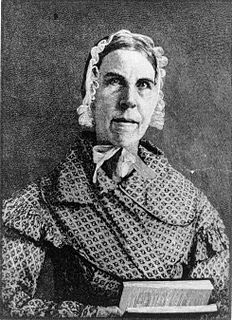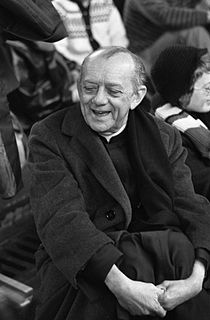A Quote by Andrew Murray
Fellow-Christians, do let us study the Bible portrait of the humble man. And let us ask our brethren, and ask the world, whether they recognize in us the likeness to the original.
Related Quotes
Our American past always speaks to us with two voices: the voice of the past, and the voice of the present. We are always asking two quite different questions. Historians reading the words of John Winthrop usually ask, What did they mean to him? Citizens ask, What do they mean to us? Historians are trained to seek the original meaning; all of us want to know the present meaning.
Our responsibility as Christians makes us tremble. The northern hemisphere, the developed area of the world, the 20% who possess 80% of the world's resources, are of Christian origin. What impression can our African and Asian brethren and the masses in Latin America have of Christianity, if the tree is to be judged by its fruits? For we Christians are largely responsible for the unjust world in which we live.
Let us pause before the Child of Bethlehem. Let us allow our hearts to be touched, let us allow ourselves to be warmed by the tenderness of God; we need his caress. God is full of love: to him be praise and glory forever! God is peace: let us ask him to help us to be peacemakers each day, in our life, in our families, in our cities and nations, in the whole world. Let us allow ourselves to be moved by God's goodness.
My brethren, let me say, be like Christ at all times. Imitate him in "public." Most of us live in some sort of public capacity-many of us are called to work before our fellow-men every day. We are watched; our words are caught; our lives are examined-taken to pieces. The eagle-eyed, argus-eyed world observes everything we do, and sharp critics are upon us. Let us live the life of Christ in public. Let us take care that we exhibit our Master, and not ourselves-so that we can say, "It is no longer I that live, but Christ that lives in me."
But we can also ask for something we are much more likely to get, and that is to find a person or two, somewhere in our travels, who will tell us that we are noble enough, whether it is true or not. We can ask for someone who will say, “You are noble enough,” and remind us of our good qualities when we have forgotten them, or cast them into doubt.






































